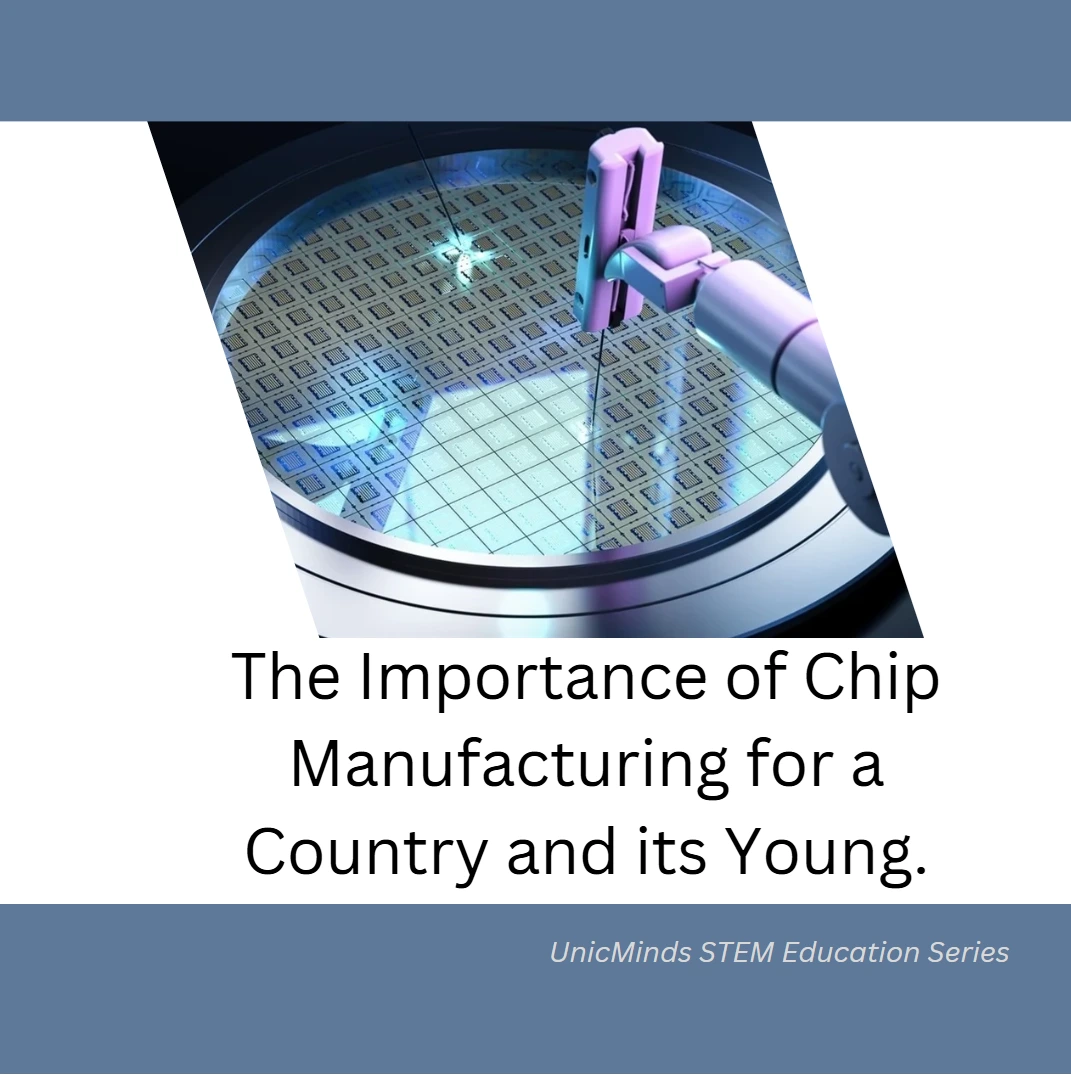Daniel Acuna has all the time needed to speak to computer systems. Lengthy earlier than giant language fashions, earlier than Python and GPUs, he was a curious scholar in Chile attempting to construct a chatbot, with out formally understanding the best way to program. “I believed I may work together with the pc,” he says. “And someway, I received it to reply to a number of prompts. It gave me butterflies. It sounds cliché, however I’ve all the time needed to speak to computer systems.”
That zeal, together with years of educational and scientific coaching, has carried Acuna throughout disciplines and continents, and in the present day he’s a school member within the College of Colorado Boulder’s new on-line Grasp of Science in Synthetic Intelligence. From finding out laptop science as an undergrad to incomes a PhD in the identical discipline on the College of Minnesota and finishing a postdoc in neuroscience, Acuna has spent his profession attempting to grasp how people and machines study. His verdict: AI isn’t any passing pattern.
“I’ve been a witness to main AI developments during the last 20 years,” he says. “However what’s occurring proper now could be a real revolution. AI is turning into the bottom layer of our society, affecting life, work, and schooling, and we must be ready for that. We are able to’t escape it. We have to change into part of it.”
A Mission to Increase Entry, With or With out Prior AI Expertise
The CU Boulder on-line MS in Synthetic Intelligence was designed with that revolution in thoughts. Acuna admits he was skeptical at first—“I used to be in opposition to the concept that individuals may get the identical diploma on-line as on campus”—however his views shortly modified.
“This expertise goes to influence each discipline,” he says. “Proscribing entry to solely individuals who reside in Boulder, who can block a big chunk of their lives to review in a standard program, shouldn’t be sufficient. We must be instructing individuals all over the place.”
The net format permits college students from all walks of life and corners of the globe to achieve superior AI abilities, and apply them to fields like healthcare, finance, schooling, and science. It additionally welcomes college students with out prior expertise in machine studying.
“Should you like numbers and quantitative work, it is a nice course,” Acuna says. “You don’t want a background in AI or machine studying. We’ll assume you’re beginning with the fundamentals.”
When requested to outline “the fundamentals,” Acuna continued, “Important pondering, curiosity, math–you can not keep away from math, linear algebra, calculus, and likelihood.” he chuckled. “It additionally helps to understand how to consider ML, the best way to make a machine study with out explicitly telling it what to do, and it’s essential to perceive the significance of information and the best way to consider the efficiency of a machine as soon as it learns.”
Educating AI with Function and a Reasonable Viewpoint
Acuna teaches CU Boulder’s Machine Studying Specialization, a foundational pathway within the MS in AI program, in addition to the MS in Information Science and MS in Laptop Science. His course is one of some that make up the performance-based admissions that the MS in AI diploma provides.
In his courses, college students have interaction in a mixture of conventional assessments, collaborative discussions, and hands-on initiatives. In his emphasis on understanding the basics, he additionally famous the worth of studying the best way to apply them throughout fields. College students are even inspired to make use of AI instruments of their assignments, simply as they’d in real-world situations.
“It’s going to be a enjoyable course. Folks will study rather a lot, and so they’ll truly be capable to apply it to their very own fields and lives.”
However Acuna doesn’t sugarcoat the challenges of AI. He’s a realist in regards to the fast tempo of change, the hype cycles, and the moral complexity of the sector.
“Issues come and go on this discipline. I used to be very skeptical of neural networks at first. However the instruments now we have now—giant language fashions, multi-modal AI—they’ve revolutionized what’s attainable.”
Trying Forward: AI in Training and Past
Within the subsequent 10 to twenty years, Acuna predicts, AI gained’t simply be a device we use in area of interest areas—it’s going to change into a accomplice in how we study.
“Very quickly, we’re going to be utilizing AI to assist train us. In my discipline of science, we’ll use it as an assistant or perhaps a colleague. Human brokers working alongside AI brokers. It’s arduous to cease this progress. There shall be challenges, however we have to take care of them, converse up, and assist form this future.”
That’s precisely what he hopes college students within the on-line MS in AI will do. His recommendation for anybody contemplating this system? Be open to failing, and continue to learn by it.
“You’ll make errors. However then the following week, you gained’t make them once more. And meaning one thing good is going on.”
Daniel Acuna’s ardour for instructing was solely met by his clear ardour for studying, one thing he notes shall be ongoing within the discipline of AI. His mission? Carry this data of AI to as many individuals as attainable whereas constantly studying to consider the longer term.
“Science is likely one of the most superior issues we do as people, and we’re in a serious expertise shift. I hope to offer somewhat little bit of that perspective to my college students.”
The Machine Studying Specialization offers a possibility for learners to achieve credit in the direction of three on-line Grasp’s levels from CU Boulder. These levels embrace The Grasp of Science in Synthetic Intelligence, The Grasp of Science in Information Science, and The Grasp of Science in Laptop Science. The Specialization will also be utilized as an elective credit score to the Grasp of Science in Electrical Engineering and the Grasp of Engineering in Engineering Administration. To study extra about these applications, performance-based admissions, and credit score for prior studying, go to https://www.coursera.org/collections/boulder.



